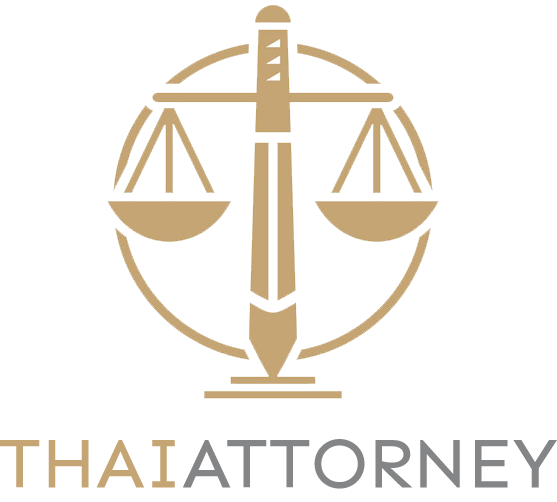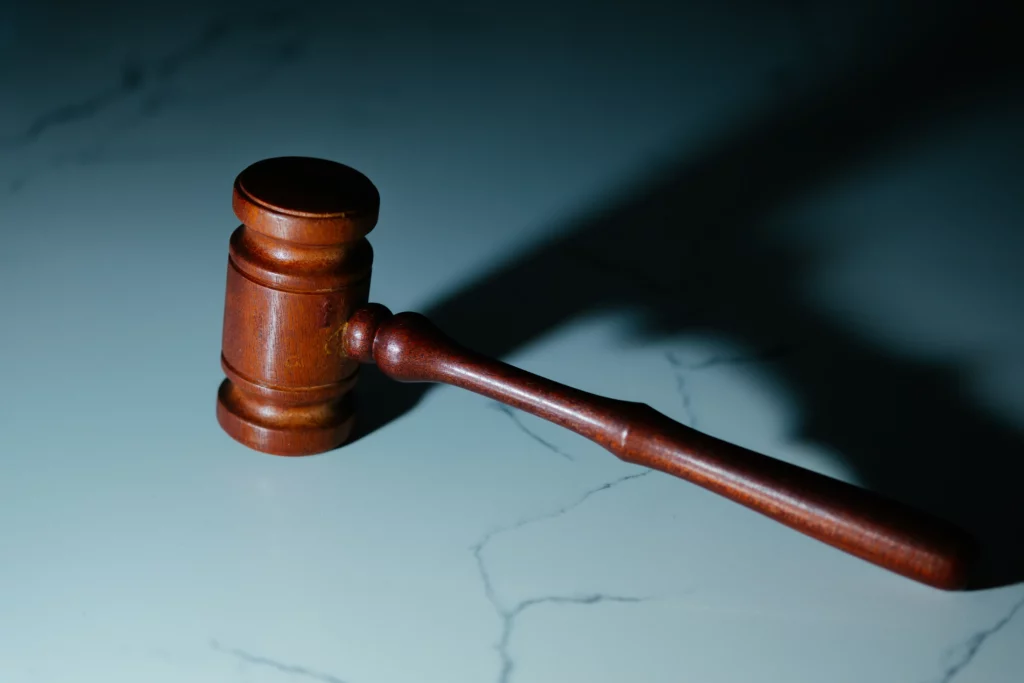Litigation in Thailand is governed by a well-defined legal framework that combines elements of civil law tradition with procedural rules specific to the Thai judiciary. While many disputes can be resolved through negotiation or arbitration, court litigation remains the final recourse when parties cannot settle their differences.
This article examines Thailand’s litigation process in depth — from the legal basis and court system to procedural stages, timelines, and practical considerations for both Thai and foreign litigants.
1. Legal Framework
The primary laws governing litigation in Thailand include:
-
Civil and Commercial Code (CCC) – Governs substantive civil and commercial rights.
-
Criminal Code – Defines criminal offenses and penalties.
-
Civil Procedure Code (CPC) – Regulates civil court procedures.
-
Criminal Procedure Code (CrPC) – Governs criminal court procedures.
-
Act on Establishment of and Procedure for Intellectual Property and International Trade Court (1996) – Governs IP and trade disputes.
-
Special procedural laws – Cover administrative cases, labor disputes, and tax matters.
The Thai judiciary operates under the supervision of the Office of the Judiciary, and judges are career officials who have passed the rigorous judicial examination.
2. Court System in Thailand
Thailand has a three-tiered court system:
-
Courts of First Instance
-
Provincial Courts (civil and criminal)
-
Municipal Courts (minor offenses, small civil claims)
-
Specialized Courts:
-
Central Intellectual Property and International Trade Court (IP&IT Court)
-
Central Labor Court
-
Central Tax Court
-
Central Bankruptcy Court
-
Administrative Courts (separate system handling administrative law disputes)
-
-
-
Courts of Appeal
-
Regional and specialized appellate courts review cases on factual and legal grounds.
-
-
Supreme Court (Dika Court)
-
Final appellate authority for civil, criminal, and specialized cases (excluding administrative cases, which have their own Supreme Administrative Court).
-
3. Types of Litigation
-
Civil Litigation – Contract disputes, tort claims, property disputes, family law matters, inheritance cases.
-
Commercial Litigation – Partnership disputes, shareholder actions, intellectual property infringement, cross-border trade disputes.
-
Criminal Litigation – Prosecution of criminal offenses, from theft and fraud to serious crimes such as homicide.
-
Administrative Litigation – Disputes with government agencies (e.g., licensing decisions, public procurement issues).
-
Specialized Litigation – Bankruptcy, labor disputes, customs-related offenses.
4. Pre-Litigation Considerations
Before commencing litigation in Thailand, parties should evaluate:
-
Jurisdiction – Whether the Thai courts have authority over the dispute (consider location of parties, cause of action, and property involved).
-
Limitation Periods – Many civil claims have limitation periods of 1–10 years, depending on the nature of the claim (CCC Sections 193/30–193/39).
-
Evidence Collection – Thailand is a civil law country, and documentary evidence is crucial. Witness statements, contracts, correspondence, and financial records should be prepared in advance.
-
Translation Requirements – All non-Thai documents must be translated into Thai and, in some cases, certified.
-
Costs and Timelines – Court fees are generally calculated as a percentage of the claim amount (capped for large claims). Legal fees vary by complexity.
5. Stages of Civil Litigation
5.1 Filing of Complaint
-
The plaintiff files a complaint (Statement of Claim) with the competent court.
-
The complaint must clearly state the facts, legal basis, and relief sought.
-
Court fees are paid upon filing.
5.2 Service of Summons
-
The court issues a summons to the defendant.
-
Service is generally carried out by court officials; for foreign defendants, service may require diplomatic channels under the Hague Service Convention (if applicable) or bilateral arrangements.
5.3 Defendant’s Answer
-
The defendant must file a written answer within the period specified by the court (typically 15 days for domestic service; longer for foreign service).
-
Failure to respond may result in a default judgment.
5.4 Preliminary Hearings
-
The court may conduct preliminary hearings to narrow issues, encourage settlement, or address procedural objections.
5.5 Evidence Hearings
-
Witness Examination – Direct examination, cross-examination, and re-examination are conducted in open court.
-
Documentary Evidence – Contracts, financial statements, and expert reports are submitted and admitted.
5.6 Judgment
-
The court issues a written judgment, stating findings of fact and law.
-
In civil cases, losing parties may appeal within one month of receiving judgment.
6. Criminal Litigation Process
The criminal process begins either with a police investigation or a private criminal complaint (in certain cases).
-
Police Investigation → Prosecutor Review → Filing in Court
-
The burden of proof lies with the prosecution, and the standard is “beyond reasonable doubt.”
-
Defendants have the right to counsel, to present evidence, and to cross-examine witnesses.
-
Penalties range from fines to imprisonment, depending on the offense.
7. Enforcement of Judgments
-
Civil Judgments – Enforced by court execution officers through asset seizure, garnishment, or other means.
-
Foreign Judgments – Not automatically enforceable in Thailand; a new action must be filed in a Thai court, presenting the foreign judgment as evidence of the debt or obligation.
8. Appeals
-
Appeals must be filed within strict statutory time limits (generally 1 month for civil cases).
-
Appeals may address both factual and legal issues, except where limited by law.
-
Supreme Court appeals typically focus on legal questions.
9. Costs and Duration
-
Court Fees: Around 2% of the claim amount for civil suits, capped at a maximum set by regulation.
-
Duration: Simple civil cases may conclude in 12–18 months; complex or multi-party disputes can take several years.
-
Attorney’s Fees: Negotiable; some cases allow recovery of part of these fees from the losing party.
10. Practical Considerations for Foreign Litigants
-
Language – All proceedings are in Thai; foreign parties must work through licensed Thai attorneys.
-
Representation – Only Thai-qualified lawyers can appear in court.
-
Evidence from Abroad – Must be legalized and translated into Thai.
-
Cultural Factors – Settlement and mediation are culturally encouraged; judges often promote compromise before trial.
11. Alternative Dispute Resolution (ADR)
Thai courts actively encourage ADR to reduce backlog:
-
Court-annexed Mediation – Conducted by trained mediators before or during litigation.
-
Arbitration – Common in commercial disputes; awards can be enforced under the Arbitration Act B.E. 2545 (2002).
Conclusion
Litigation in Thailand follows structured procedural rules under a civil law framework. While the system is predictable and transparent, success depends on understanding jurisdictional rules, procedural deadlines, and evidentiary requirements. Foreign litigants, in particular, must be mindful of translation, representation, and enforcement issues.
Careful preparation and professional legal representation are crucial for navigating Thailand’s court system efficiently and effectively.

